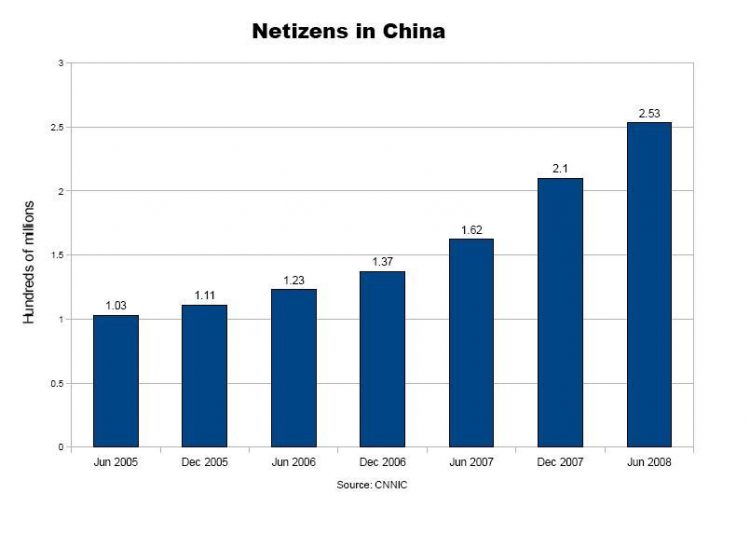Hard Road
The challenges of marketing online cash betting games in China and beyond
“If people want to promote traditional cash betting games online in China, they do it by word of mouth,” says Tony Tong of PacificNet. Mr Tong was speaking at the Casino Affiliate Convention in Macau.
“If they try and promote a cash betting website and the domain gets popular, it gets blocked by the government. These websites often change their domain name or they may change their IP address a couple of times a week or even every day,” adds Mr Tong.
Frank Yu is CEO of BaiduFirst, a company specialising in search engine marketing and search engine optimisation for the China market. Baidu.com is one of China’s most popular Internet search engine websites. Mr Yu confirmed that any domain name with words such as ‘casino’, ‘gambling’, ‘baccarat’ or ‘gaming’ in Chinese was likely to be blocked at government request.
Internet filters
“If Baidu sees the word ‘gambling’ in Chinese on your site, you won’t be on the search listing. The system will search for that key word and then kick you off,” he says.
“Words like ‘mahjong’ are not however considered connected with gambling,” he adds.
But as Marc Lesnick, the organiser of the Casino Affiliate Convention, points out, some mahjong websites do have cash betting available. Mr Yu says though that the system doesn’t just rely on automated screening.
“On Baidu if they have concerns about your website they will have a human eye looking at it,” he says.
“If you were doing gambling on your site you wouldn’t call it ‘gambling’. You would call it ‘adult gaming entertainment’ or ‘multi purpose entertainment centre’.
“The thing to bear in mind is that search engines are constantly changing, and so are attitudes of governments,” adds Mr Yu.
Policy change
Even where formal Internet gaming licences have been granted in China, they have sometimes been withdrawn at short notice, says Tony Tong of PacNet.
“We have a permit from the China Welfare Lottery to provide Internet-based lottery sales in three provinces of China. However even with the permit, a few months ago the Ministry of Finance said it was not recognising the permits given by China Welfare Lottery and they were going to have to reissue the licence under the Ministry of Finance,” explains Mr Tong.
“As a result all the Internet-based lottery providers had to suspend their services. Prior to January 2008 it was legal, popular and licensed under the China Welfare Lottery or the China Sports Lottery. Some companies were turning over RMB40 million a month or more on lottery sales. Even with a small commission for the online operator, that’s a very profitable business,” he adds.
Justification
Mr Tong explains that the reason for the central government’s action was the disease constantly overshadowing Chinese business—fraud.
“The problem came about because some of the online lottery providers were becoming aggregators of lottery tickets, rather than just purchasing lottery tickets for each customer online,” explains Mr Tong.
“This pooling has been ruled illegal by the government, because there have been cases of players winning, but online lottery providers being unable to pay out. Some of the online providers were simply disappearing with the money.
“As a result the government said ‘We’re going to regulate it’. The draft I’ve seen of the new regulation has levels of required registered capital, rather like multi-level marketing,” says Mr Tong.
































